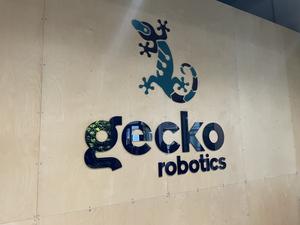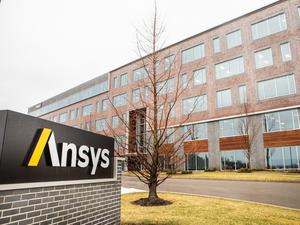
A set of researchers from Carnegie Mellon University's School of Computer Science and Fordham Law School in New York have teamed up to try and make software development more accountable. It's work that's being done in collaboration with the National Science Foundation.
This research, titled "Legal Accountability in Software Engineering," is looking to find solutions that will aid developers in the creation of their software so that these digital products can remain in compliance with legal frameworks. Over the years, the researchers' thesis argued, legal compliance has been treated as an oversight activity when it should be part of any software's principal design. The researchers claim accountability to the law should be a quality of the software itself.
"An innovation culture has emerged [within the last decade] that celebrates the old Facebook motto 'Move Fast and Break Things,' while encouraging entrepreneurship and rapid software deployment to quickly assume a position of market leadership," principal investigators Travis D. Breaux and Thomas Norton, both of whom are also professors, said in a synopsis of their research goals. "Due to software's ubiquity and pervasiveness, however, untethered innovation risks harm to the public, which is largely a matter of government regulation."
By tackling what the researchers identified as four main problems, the findings will hope to add legal accountability to the software directly.
That first challenge centers on an argument that many developers lack awareness that their particular software is under regulations and that this fact is discovered late in the development process and following the time when key design elements have already been implemented.
The second challenge, the research claimed, then emerges when software developers learn of their relevant regulation obligations, which is when developers struggle with various legal ambiguities when trying to figure out how to best get their software to be in compliance. The balancing act of meeting legal requirements and business objectives then becomes the third issue, the research synopsis said.
Finally, as software evolves, developers must continue to maintain regulatory compliance discussions with their legal teams, which the researchers claim is often not realized either.









